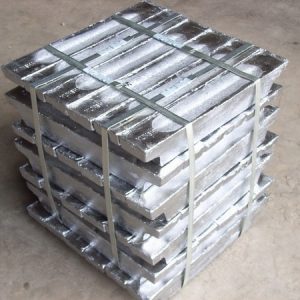Melting Products
The sale of processed metals such as aluminium, lead, and copper ingots plays a crucial role in supporting industrial manufacturing and metalworking sectors. These metals are integral to a wide range of industries—including construction, electronics, automotive, and energy—thanks to their distinct physical properties, durability, and versatility. Their consistent demand underscores their importance as foundational materials in modern industrial applications.
Aluminium Ingots
Aluminium, known for its exceptional strength-to-weight ratio and corrosion resistance, is one of the most widely used metals globally. Aluminium ingots represent the primary form of processed aluminium, produced by smelting and moulding bauxite ore into standardized shapes. These ingots serve as the raw material for a wide array of products, including automotive components, aerospace parts, construction materials, and beverage packaging.
The manufacturing process begins with the extraction of bauxite, which is chemically refined into alumina (aluminium oxide). Through electrolytic reduction in a smelter, alumina is transformed into molten aluminium, which is then cast into ingots. This production method ensures consistent physical and chemical properties that meet the demanding requirements of industrial applications.
In the aluminium ingot market, purity and uniformity are paramount. Manufacturers and buyers prioritize ingots with precise chemical compositions and minimal impurity levels to ensure optimal performance in downstream applications. Industries such as transportation, construction, and packaging depend on trusted suppliers who can consistently deliver high-quality aluminium ingots tailored to their technical specifications.
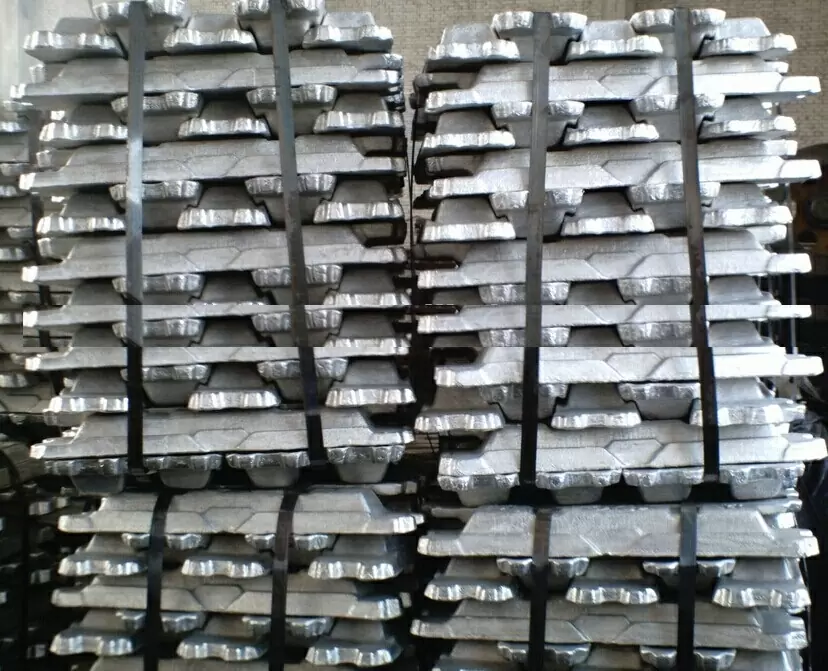
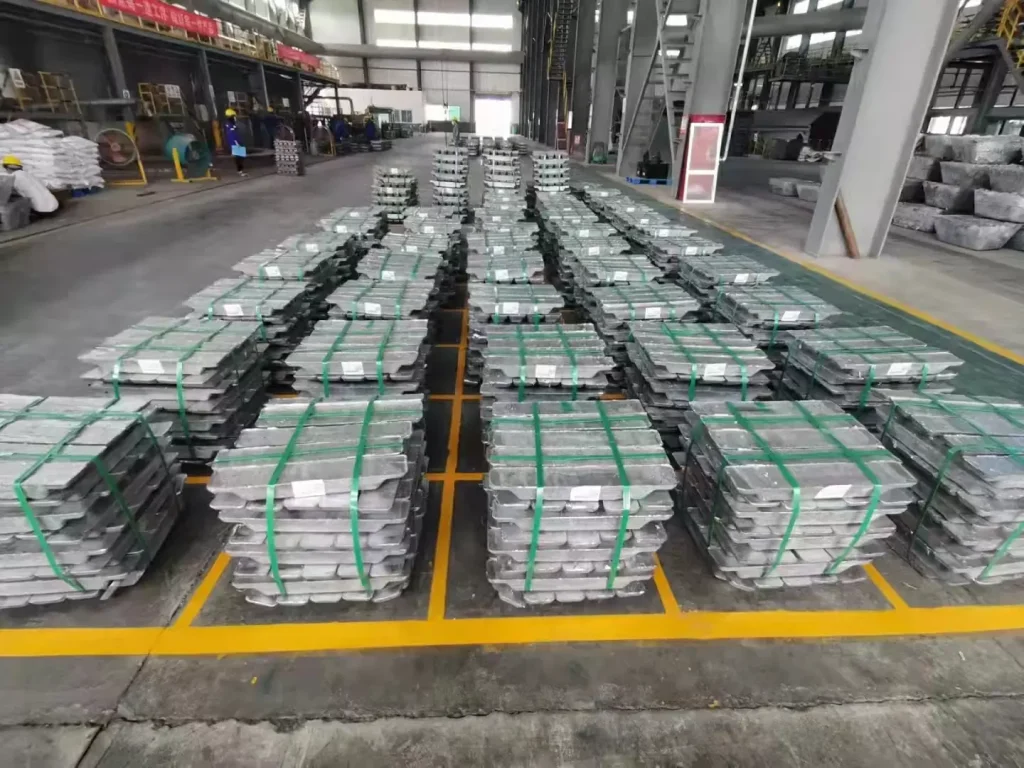
Lead Ingots
Lead ingots are a crucial material in industries that require dense, corrosion-resistant metals with excellent malleability. Thanks to its high specific gravity and shielding capabilities, lead is extensively used in the production of automotive and industrial batteries, radiation shielding for healthcare and nuclear sectors, soundproofing systems, and specialized construction components.
The process of manufacturing lead ingots begins with the smelting of lead-rich ores, often found in conjunction with metals like silver, zinc, and copper. During smelting, raw lead is extracted and refined to remove impurities, resulting in molten lead that is then cast into ingots. These ingots vary in size and grade depending on the intended application, with high-purity variants used for critical environments such as hospitals, laboratories, and defense installations.
Purity and consistency are key performance metrics for lead ingots. Applications involving radiation protection, acoustic insulation, or electronic shielding require ingots with minimal contamination and strict adherence to chemical specifications. As such, many buyers prioritize ingots produced under certified quality control systems.
Whether for manufacturing, medical shielding, or construction, lead ingots remain indispensable due to their unique physical properties, long service life, and adaptability across a wide range of high-performance applications.
Copper Ingots
Copper ingots play a vital role in modern industrial processes, especially where superior electrical and thermal conductivity are required. Known for its durability, resistance to corrosion, and malleability, copper is indispensable in sectors such as electrical engineering, telecommunications, plumbing, electronics manufacturing, and renewable energy systems.
The production of copper ingots begins with the mining and processing of copper ore. After the ore is extracted through blasting and crushing, it undergoes grinding to liberate copper minerals from surrounding rock. The concentrated copper is then subjected to smelting—a high-temperature process that separates pure copper from impurities. The molten copper is cast into ingots, which serve either as a raw material for further refining or as a directly usable input in manufacturing applications.
Copper ingots are especially valued for their high conductivity and workability. These properties make them ideal for the fabrication of electric motors, transformers, wiring, circuit boards, heat exchangers, and high-performance components in both industrial and consumer-grade electronics.
The closed-loop recycling of copper not only preserves valuable resources but also supports environmentally responsible manufacturing practices. As a result, copper ingots—whether from primary or recycled sources—continue to be a foundational material in technological advancement and sustainable industrial growth.
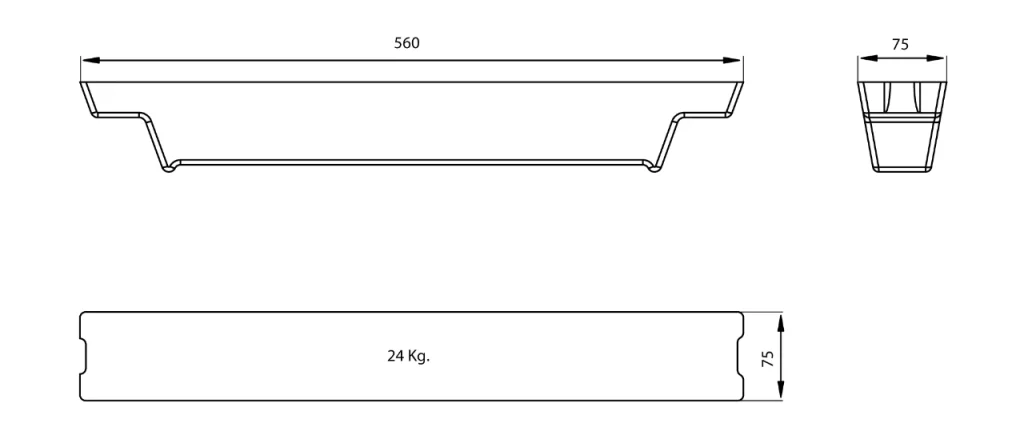
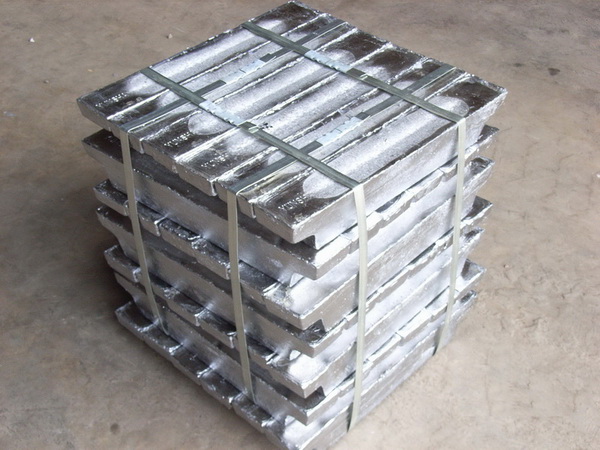
Conclusion
In summary, the global demand for processed metals such as aluminium, lead, and copper ingots is evolving in response to shifting industrial needs and growing environmental awareness. Today’s producers and buyers place significant emphasis on purity, consistency, and sustainable sourcing—factors that drive continuous innovation in both manufacturing and recycling processes. As industries adapt to stricter regulations and higher performance standards, the quality and traceability of metal inputs have become critical to maintaining competitiveness. For sectors that rely on these ingots, selecting suppliers who uphold rigorous quality control and environmental responsibility is essential for achieving operational efficiency and meeting the demands of a modern, responsible supply chain.
Join Us in Shaping the Future of Mining!
Subscribe For Newsletter!


